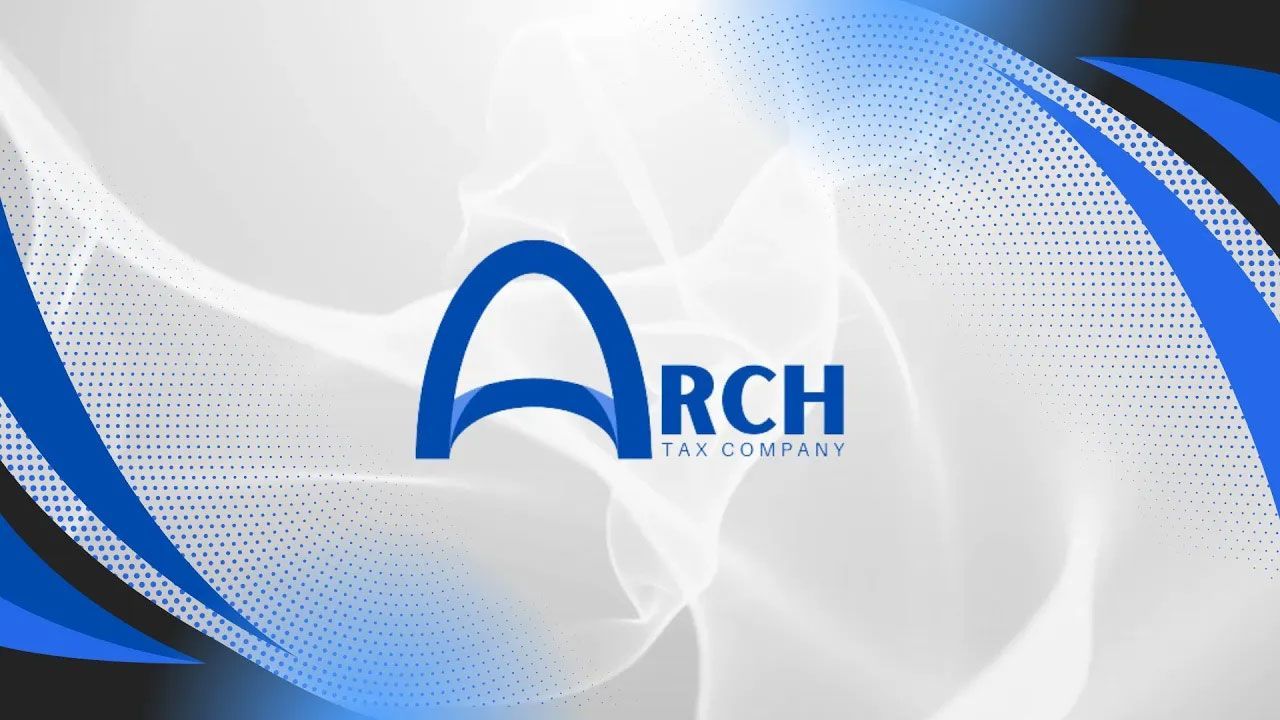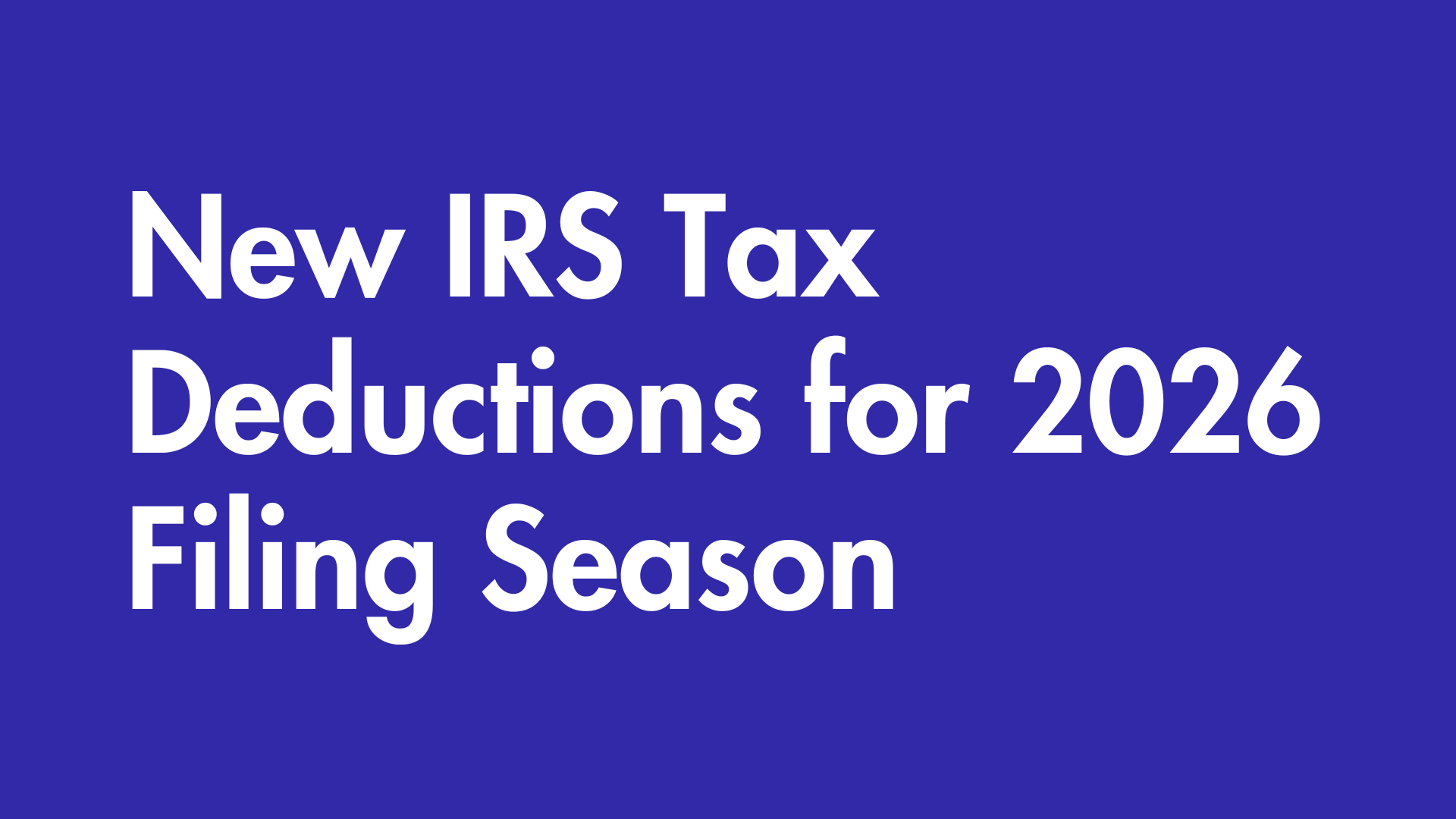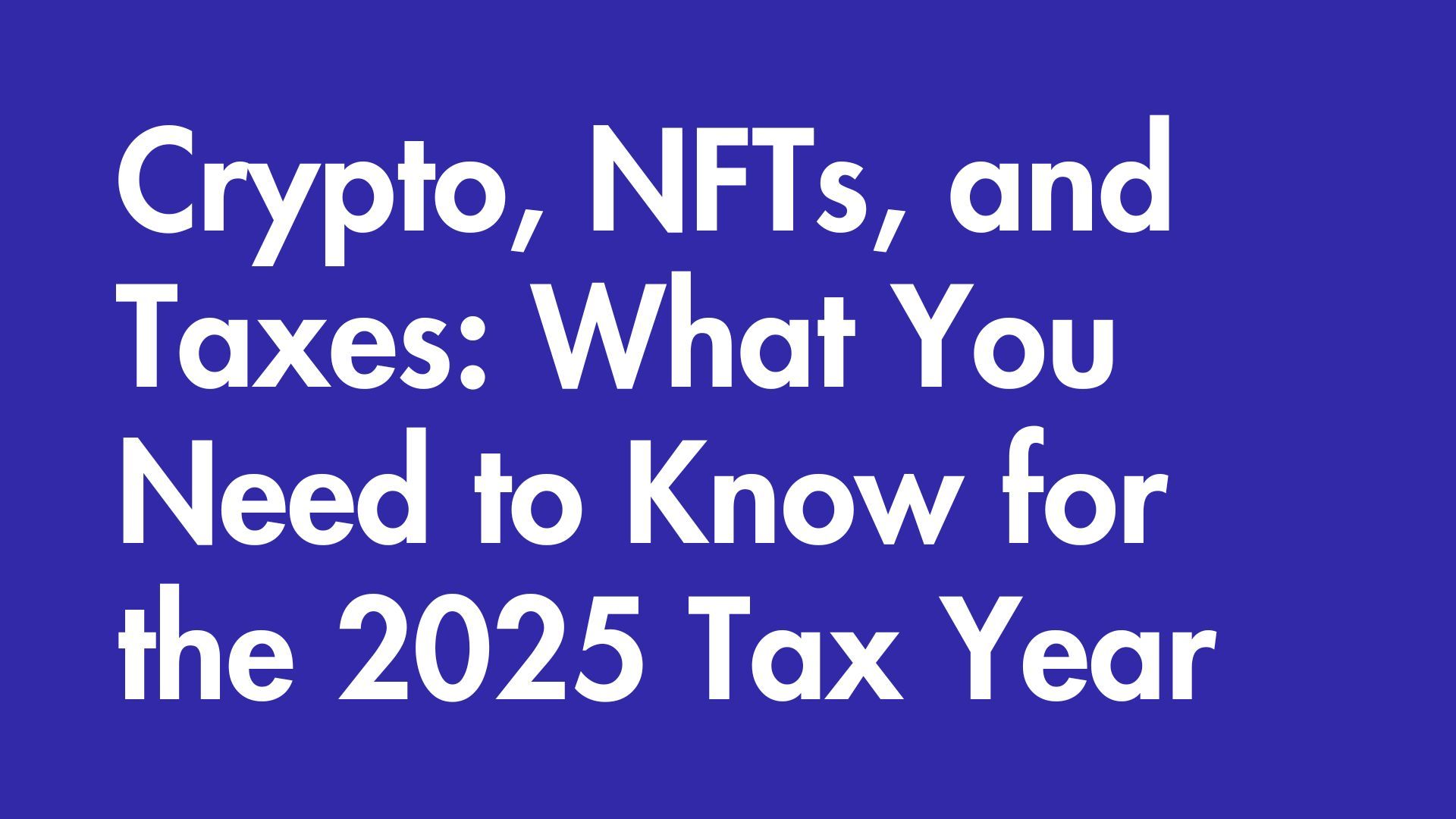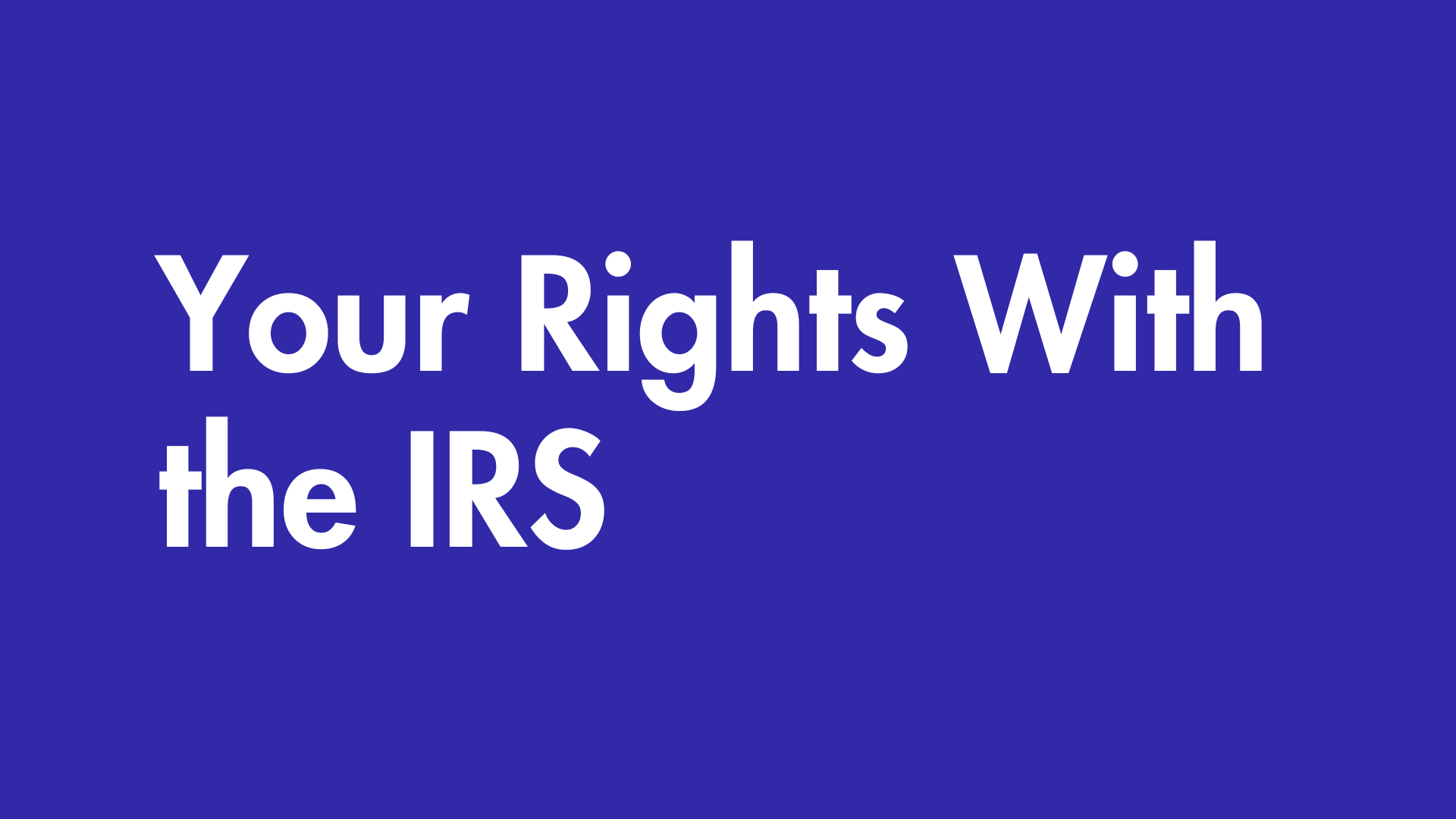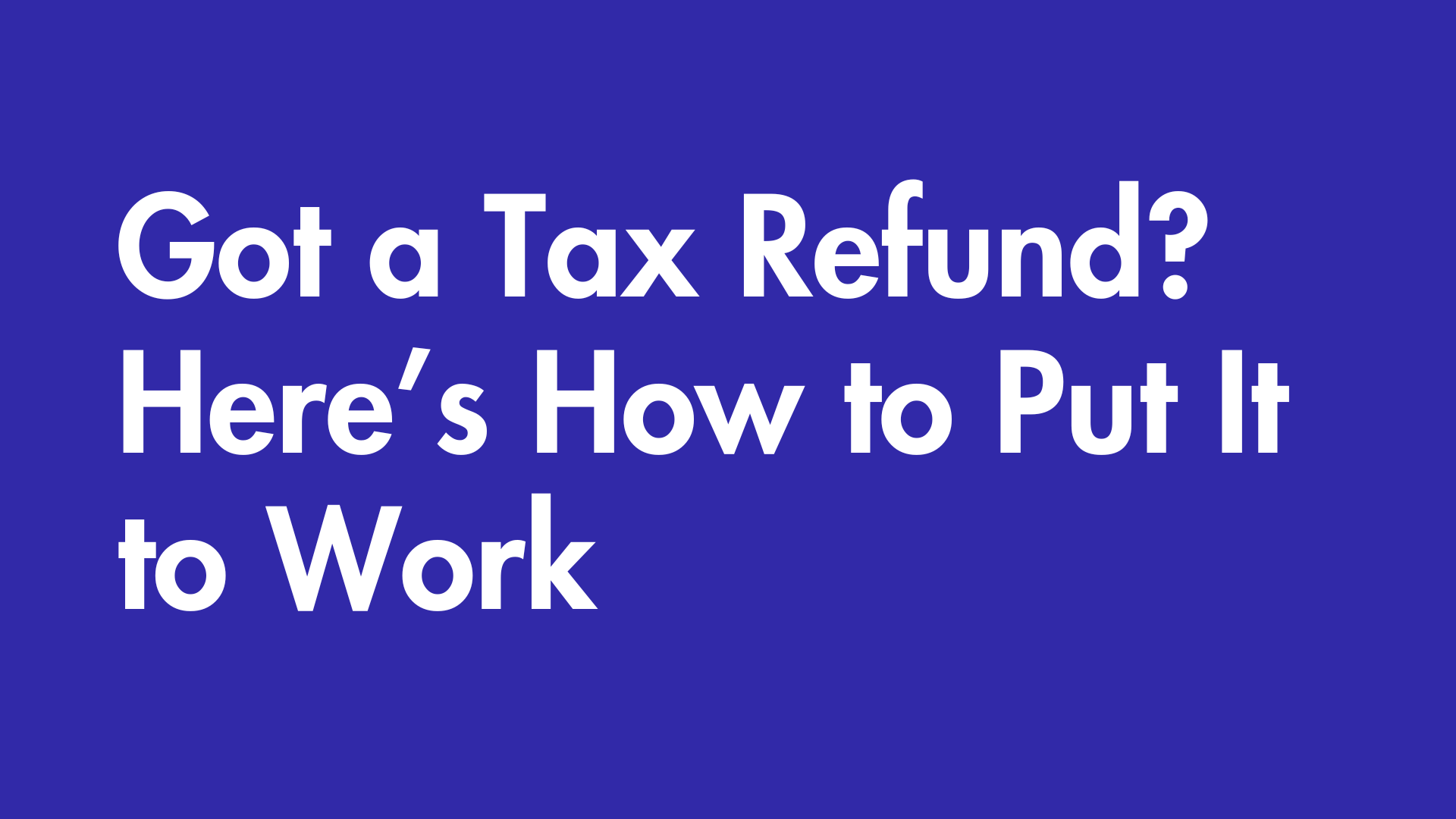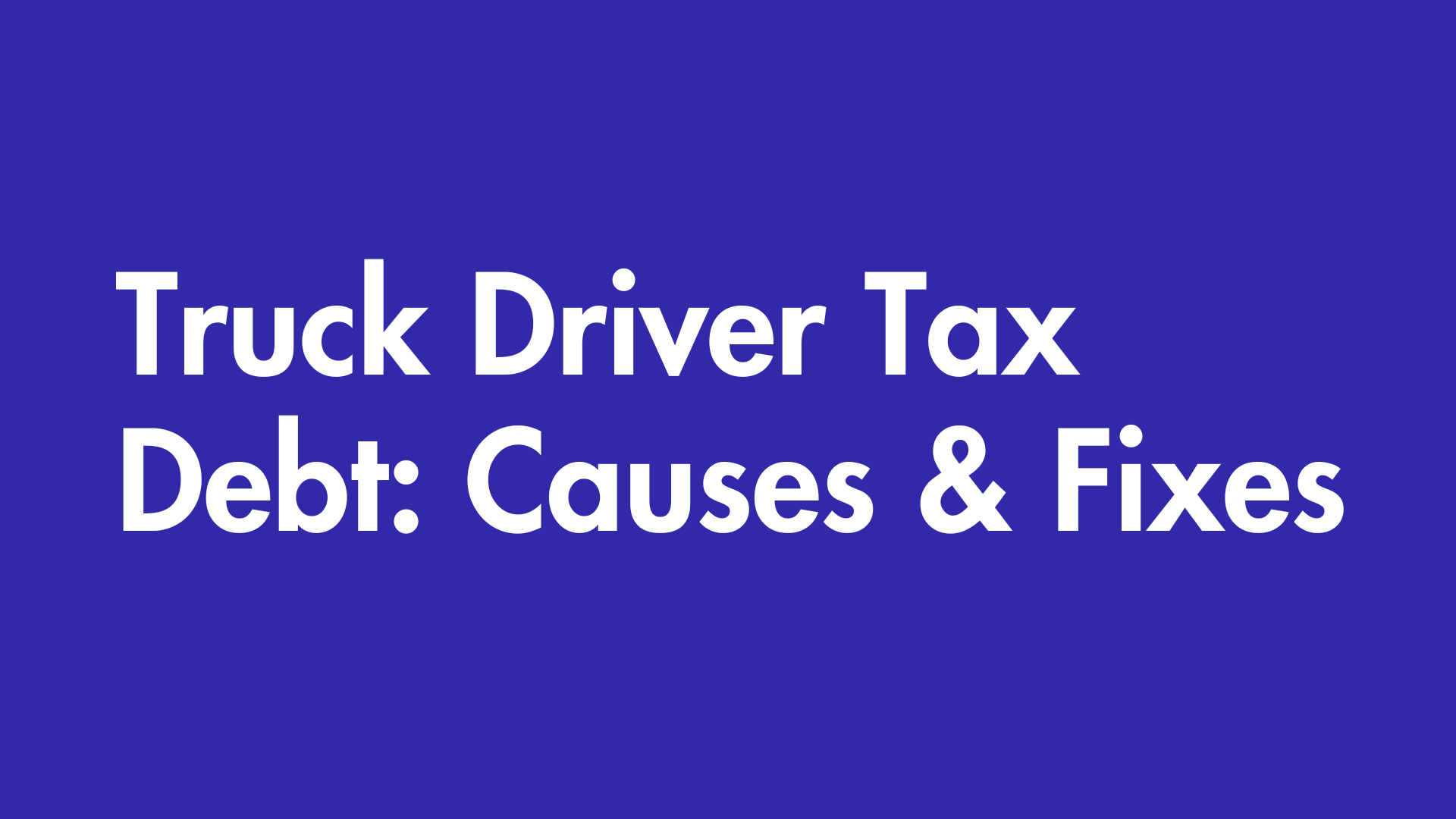Help! The IRS Is Taking My Paycheck
Few things feel more stressful than checking your paystub and realizing a large portion of your wages has disappeared. Unfortunately, this often means the IRS has begun a wage garnishment — one of the most aggressive collection actions the agency can take.
What Is IRS Wage Garnishment?
When you owe back taxes, the IRS has the legal authority to collect directly from your paycheck without going to court. Once your balance goes unpaid long enough, the IRS can issue a “Notice of Intent to Levy” and, after 30 days, order your employer to withhold a portion of your wages each pay period.
The amount they take depends on your income, filing status, and dependents, but in many cases, it can range from 25% to 50% of your take-home pay. Unlike private creditors, the IRS doesn’t need a judge’s approval — meaning garnishment can begin quickly once the notice period ends.
How Long Does It Last?
Wage garnishment continues until your tax debt is paid in full or you make other formal arrangements with the IRS. Each paycheck will continue to be reduced until the balance, including penalties and interest, is resolved.
Can You Stop an IRS Wage Garnishment?
Yes — but you’ll need to act quickly. Once the IRS has started garnishing, it’s much harder to reverse than to prevent. However, there are several ways to stop or reduce a garnishment:
- Set up an Installment Agreement. A formal payment plan can pause garnishment and let you pay what you owe over time.
- Submit an Offer in Compromise. In some cases, you can settle your debt for less than the full amount owed if you qualify based on income and financial hardship.
- Request Currently Not Collectible (CNC) status. If you can prove that paying would cause serious financial hardship, the IRS may temporarily halt collection efforts.
- File for Innocent Spouse Relief or other specialized programs if your tax debt isn’t fully your responsibility.
Why Acting Fast Matters
The longer you wait, the more damage wage garnishment can cause — not only to your finances, but also to your credit and your ability to meet basic expenses. Ignoring IRS notices won’t make them go away; in fact, it can make the situation worse.
At Arch Tax, we help clients every day who are dealing with IRS garnishments, bank levies, and liens. Our goal is to stop the bleeding, negotiate directly with the IRS, and help you regain financial control as quickly as possible.
Take the First Step Toward Relief
If your paycheck is being garnished, or if you’ve received a Notice of Intent to Levy, don’t wait. The sooner you act, the more options you’ll have to stop it.
Contact Arch Tax today to review your situation and see which IRS resolution program you qualify for.
Relief is possible — and it starts with taking action.

